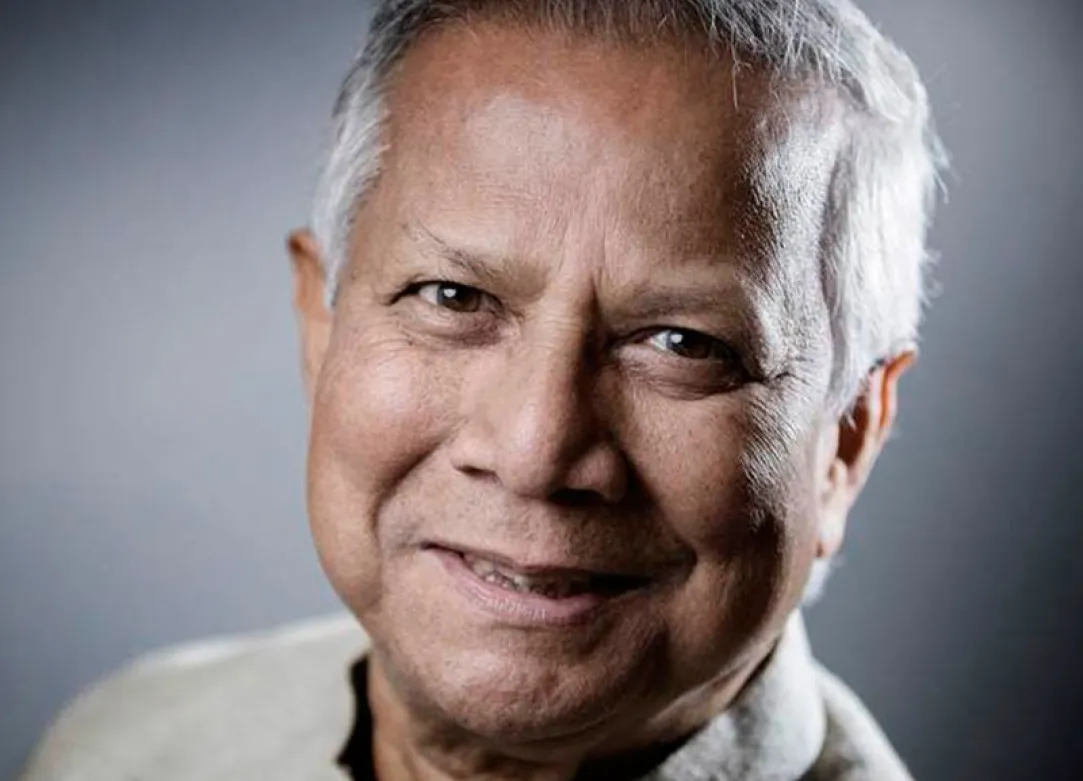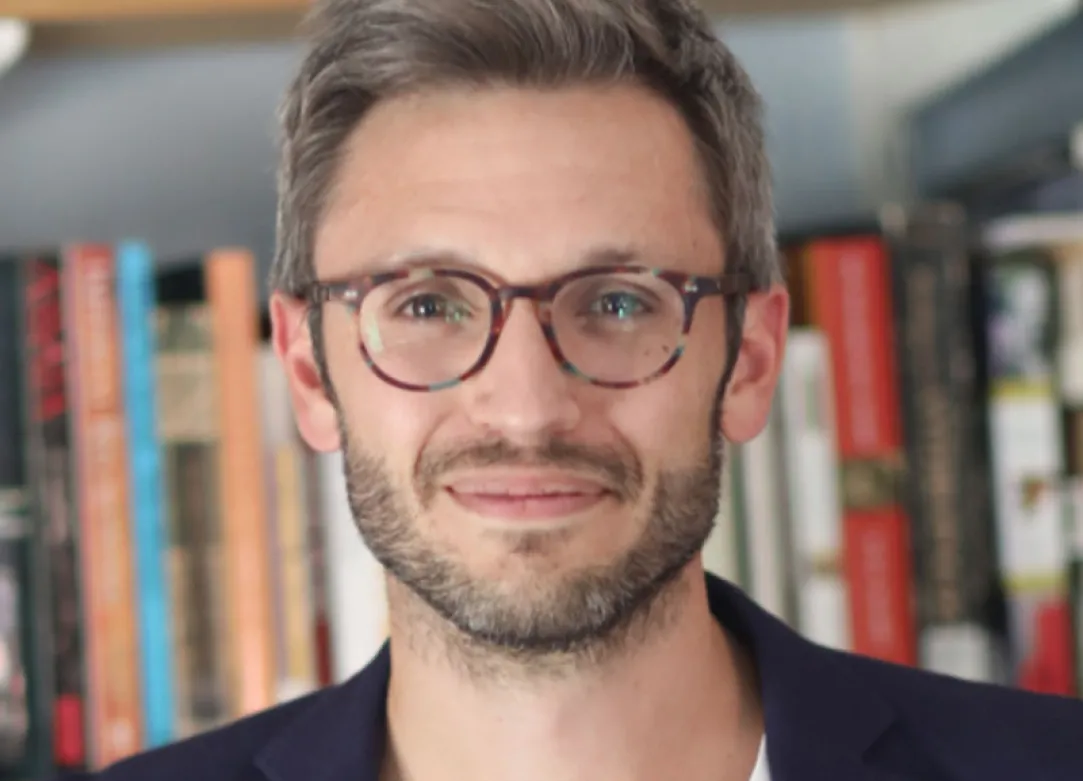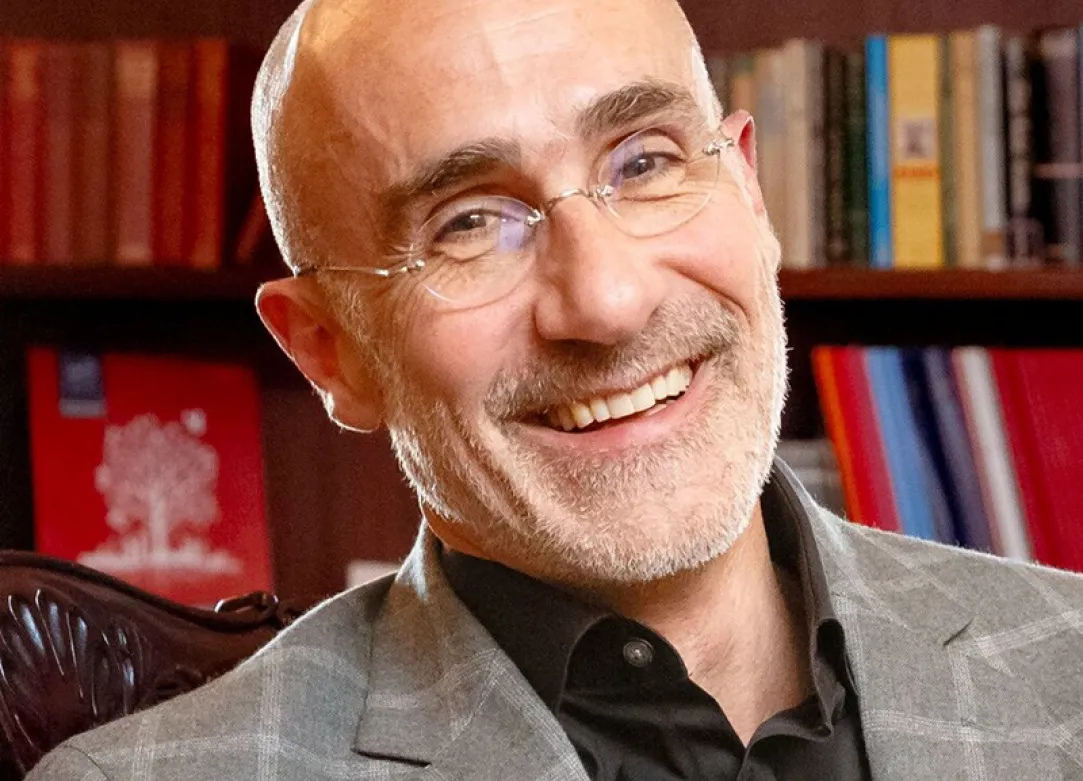Mayr’s interest in environmental issues started in 1976, in the Sierra Nevada de Santa Marta on the north-eastern coast of Colombia. This region, characterized by great cultural and environmental diversity, and political and socioeconomic complexity, represents a microcosm of Colombian reality. It is the world’s highest coastal mountain, the traditional territory of var-ious indigenous groups (Kogi, Arhuaco, Wiwa) and the source of 35 rivers that provide water for over 1.5 million inhabitants and agro-industrial lands. In the 1970s, illegal marijuana cultivation led to the indiscriminate felling of forests and armed conflict over territorial control. Within this scenario Mayr established a non-government entity, Fundación Pro-Sierra Nevada, to work with indigenous and peasant communities and local governments, to protect the environment and the indigenous territorial rights.
Based on the indigenous perception of human-nature relationships, their cultural ways of adapting to the different ecosystems in the Sierra Nevada and their social and political interrelations, Mayr promoted the concept of shared bioregional management. The protection of watersheds was a central theme and facilitated the articulation between social and institutional actors in the region. This important work, for the people and ecosystems of the Sierra Nevada, led to greater awareness about the region and international recognition with the Goldman Environmental Prize in 1993.
Parallel to this work, and within the international arena, Mayr is renowned for his efforts in promoting decentralization and regionalization within the World Conservation Union (IUCN), where he has served as Vice- President and as Regional Representative for Latin America. He was responsible for raising the profile and the decision-making powers of the national and regional committees, and for establishing IUCN regional congresses.
Juan Mayr’s firm belief in the need for enhanced civil society participation as the foundation for environment protection, sustainable development, and good governance, has also led him to provide consultancy work including to the private sector. These include evaluations of the social-cultural impacts of extractive activities and means for resolving these; and evaluating cooperation programs being carried out by the Dutch Embassy in Colombia.
Mayr’s experience at the Ministerial level, combined with his profile in the non-governmental sector, and his knowledge of the private sector, has provided the necessary confidence for presiding over environmental fora at the international level. He is noted for his capacity for leading complex negotiations, such as the extraordinary session of the Conference to the Parties of the Convention on Biological Diversity (CBD) during 1999 and 2000, which resulted in the Cartagena Biosafety Protocol. In 2000, Mayr presided over the 8th session of the Commission on Sustainable Development, and in 2002 he presided over the second period of high-level Ministerial sessions of the United Nations Forum on Forests. In 2003, Mayr was invited as member of the UN Secretary General’s Panel of Eminent Persons on UN-Civil Society Relations; and shortly afterwards was asked to join the Blue-Ribbon Panel to evalu-ate environmental policy of the Inter-American Development Bank (IDB), to make recommendations and to follow-up on the implementation of new policies.
Mayr was Colombian Ambassador to Germany (2011-2016), putting his energies into scientific diplomacy through the construction of a platform for cooperation between Germany and Colombia in research, science, and technology for innovation and competitivity.
He has been advisor to the Resident Coordinator and Humanitarian Coordinator of the United Nations for Colombia, working especially with the United Nations Development Program (UNDP); forms part of the National Conciliation Commission, promoting the environment as a central element for a sustainable path towards peace and reconciliation; and is on the Board of Directors of ICRAF, the World Agroforestry Centre, based in Nairobi, Kenya.
National and international honors for his work include: Cruz de Boyacá awarded by the President of Colombia (2002); Orden al Mérito awarded by the President of France (2001); Orden de la Gran Cruz al Mérito awarded by the President of German (1999); Orden al Mérito Civil en el Grado de Caballero awarded by the King of Spain (1999); The Parker-Gentry Award for Excellence and Innovation in Conservation and Environmental Biology, awarded by the Chicago Field Museum of Natural History (1999); Order of the Golden Ark, awarded by Prince Bernard of Holland (1998); Goldman Environmental Prize (1993); Distinción Nacional del Medio Ambiente awarded by the Colombian Government (1993); Dunning Award for the Conservation of Tropical Forests in Latin America awarded by The Nature Conservancy (1990).
Mayr has continued to take professional photographs over the course of his life’s work, and has published a range of articles on ethics, sustainable, cultural diversity, and Colombia’s indigenous territories.




